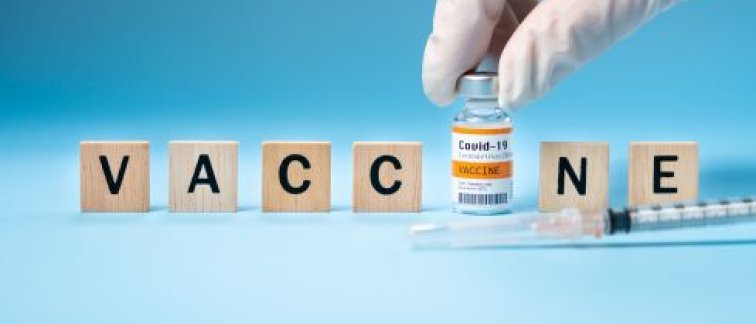The threat presented by COVID-19 has an immense impact on the lives of these vulnerable people and their close relatives. To stay safe, they must resort to long-term social isolation, avoiding family gatherings, work, or classes.
Scientific research to understand vaccine responses
At the beginning of 2021, The Netherlands Organisation for Health Research and Development (ZonMW) funded a comprehensive program to document COVID-19 vaccine effectiveness in vulnerable population groups. Eight studies involving distinct patient groups were initiated. Crucially, the same methods and protocols were deployed to facilitate data exchange and analyses. This initiative is expected to inform decision making by medical professionals and policymakers regarding vaccination strategies for patients.
Dr. Inger Nijhof and Prof. Dr. Mette Hazenberg of Amsterdam UMC Cancer Center Amsterdam received € 2.7 million in funding to investigate Moderna vaccine responses in patients with blood diseases, including leukemia, lymph node cancer, and sickle cell disease. They also are examining the impact of cell-based treatments against certain hematological cancers, like CAR T or recent bone marrow stem cell transplantations, on vaccine effectiveness. This study, called ‘Cobra Kai’, is being conducted in collaboration with Erasmus MC, UMC Groningen, LUMC, RIVM, IKNL and Sanquin.
“The blood disease and its treatment may prevent the T and B cells, which build memory and make antibodies, from being activated during vaccination.” Dr. Inger Nijhof, Department of Hematology, Amsterdam UMC
In the Cobra Kai study, blood is being collected from 850 immuno-compromised patients with blood diseases before and after vaccination at fixed time points. These samples are analyzed to measure the response of the immune system to the Moderna vaccination, including longevity of any immune response and the effect of additional booster shots.
Preliminary reports reveal unexpected findings
On August 17 at a ZonMW-organized webinar, initial data obtained by these vaccine studies were presented, including early findings of the Cobra Kai investigation. Many national news outlets covered this event including NOS prime time television news and NPO1 radio. Some results were unexpected. “Before we started our study, it was generally believed that vaccinating people with certain blood diseases would be pointless, in particular for patients receiving (immuno-) chemotherapy or after a recent stem cell transplantation,” Prof. Hazenberg explained. “However, our data are showing that many of these patients responded well to vaccinations against COVID-19. Their immune systems were turning out sufficient numbers of antibodies for a good defense.”
Strong immune responses were seen in most patients with sickle cell disease, recovering leukemia patients who had previously received chemotherapy, and certain bone marrow transplant recipients. On the other hand, poor immune responses to the vaccine were observed in patients receiving therapy for non-Hodgkin’s lymphoma. This was in contrast to people with other lymph node cancers. Dr. Nijhof: “Our data indicate that we are able to identify patient populations that can still respond adequately to standard vaccination protocols despite their disease or treatment. Also, we can distinguish patients who will likely benefit from booster shots to build an effective immune response.”
Advancing care during the pandemic
“Before we had these data, we could only listen to our patients with compassion,” says Dr. Nijhof. “Now, we have insights to properly assess COVID-19 risks after vaccination in various patient groups, potentially enabling a substantial number of people to live with less restrictions.” The acquired knowledge about the immune response in these patient groups can also be applied to different vaccination campaigns such as the seasonal flu and other pathogens. Meanwhile, other means to help immuno-compromised patients have become independently available, like synthetic SARS-Cov-2 antibodies that can be administered to hospitalized patients. Prof. Hazenberg emphasizes that making our society safe for vulnerable people is a responsibility we all share. She encourages everyone to get vaccinated and “do our part” to stop the spread of the Corona virus.
For more information, contact cca@amsterdamumc.nl

